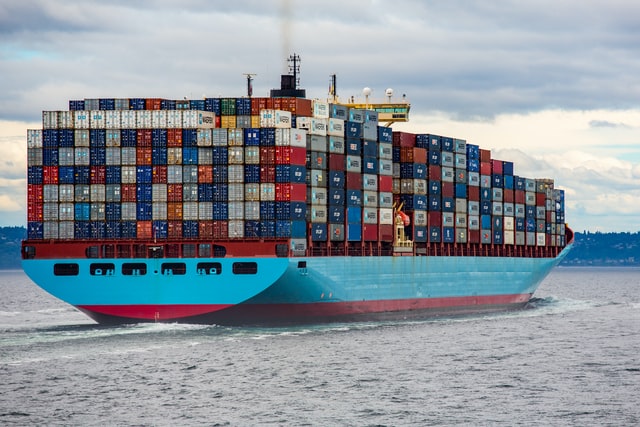
Welcome to the first in a series of commentary pieces in which IZA World of Labor Editor-in-Chief Daniel S. Hamermesh asks authors three pertinent questions about issues arising in their fields of interest. This week’s interviewee is Professor L. Alan Winters, a leading specialist on the empirical and policy analysis of international trade. His current work is almost wholly devoted to the trade policy implications of Brexit.
Hamermesh: Politicians in many wealthy countries are under frequent pressure from citizens to restrict international trade to “protect jobs.” What do you think of these restrictions?
Winters: Such restrictions are in principle undesirable because, although they may re-arrange jobs, they very rarely result in net job creation. Some temporary protection may be warranted in the face of egregiously unfair trade practices and to ease adjustment, notably where a dominant employer in a region is concerned. But the latter must be accompanied by credible adjustment plans. These should focus on employees, not on employers.
Hamermesh: OK. But how can politicians convince the steelworker in Pennsylvania or the textile manufacturer in South Carolina that s/he should avoid pressuring them to impose such restrictions?
Winters: By engaging with affected groups so that they understand that adjustment is necessary and trying sympathetically to understand what is needed to facilitate it. This is a much tougher and more expensive engagement than politicians are used to conducting, and it may well involve financial outlays for individuals or providing them access to other labor markets. Searching for alternative employers to move into an area will sometimes be useful, but experience suggests that few firms that are “bribed” to enter a depressed region stay once the “bribe” is finished. Adjustment will last over many years.
Hamermesh: Let’s say that pressures for restrictions succeed and a worldwide reduction of international trade of, say, 20% occurs. What do you see as the consequences for GDP worldwide? In the UK? And to be more specific still, what do you see as the consequences of Brexit for GDP in the UK over the next 5 years?
Winters: I’d guess that a widely spread 20% reduction in world trade would reduce GDP by 8–10% relative to a counterfactual—maybe kicking in over 10–15 years or so. However, this would be a large shock and may start off various path-dependent processes that would entail larger reductions over longish periods.
I think Brexit will cut 6–7% off UK GDP over 8–10 years—relative to the counterfactual—so I suppose I’d expect about –4% over the next 5 years. Some of this (perhaps 2%) may have occurred already—but we are not sure. (GDP is 2% below counterfactual predictions already, but it is not clear whether this is part of the longer-term adjustment or additional to it—at least to me.) If the world slips into protectionism the cost of isolation will be higher.
© L. Alan Winters
Read L. Alan Winters and Mattia Di Ubaldo's IZA World of Labor article on “International trade regulation and job creation.”
Find more IZA World of Labor content on trade policy and the labor market.